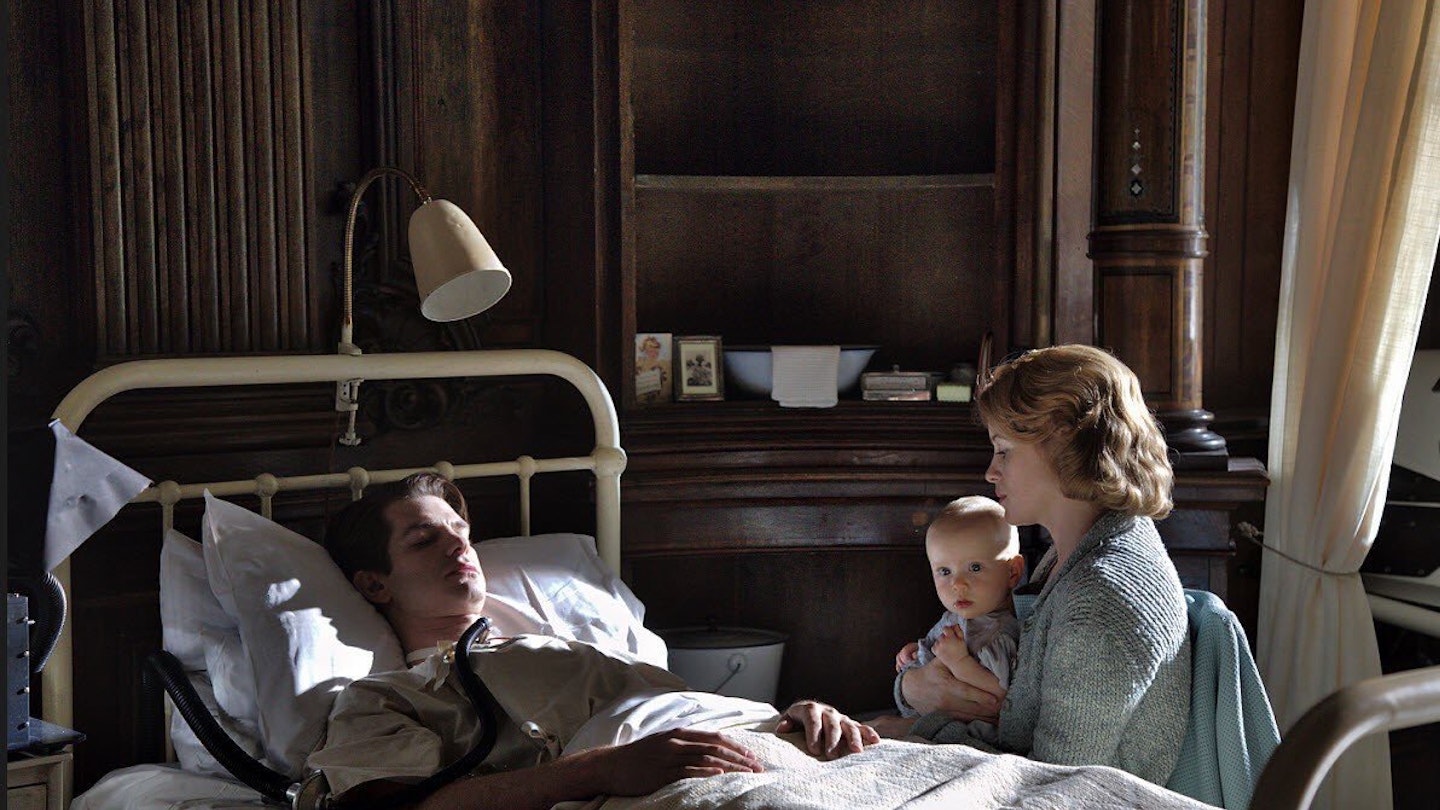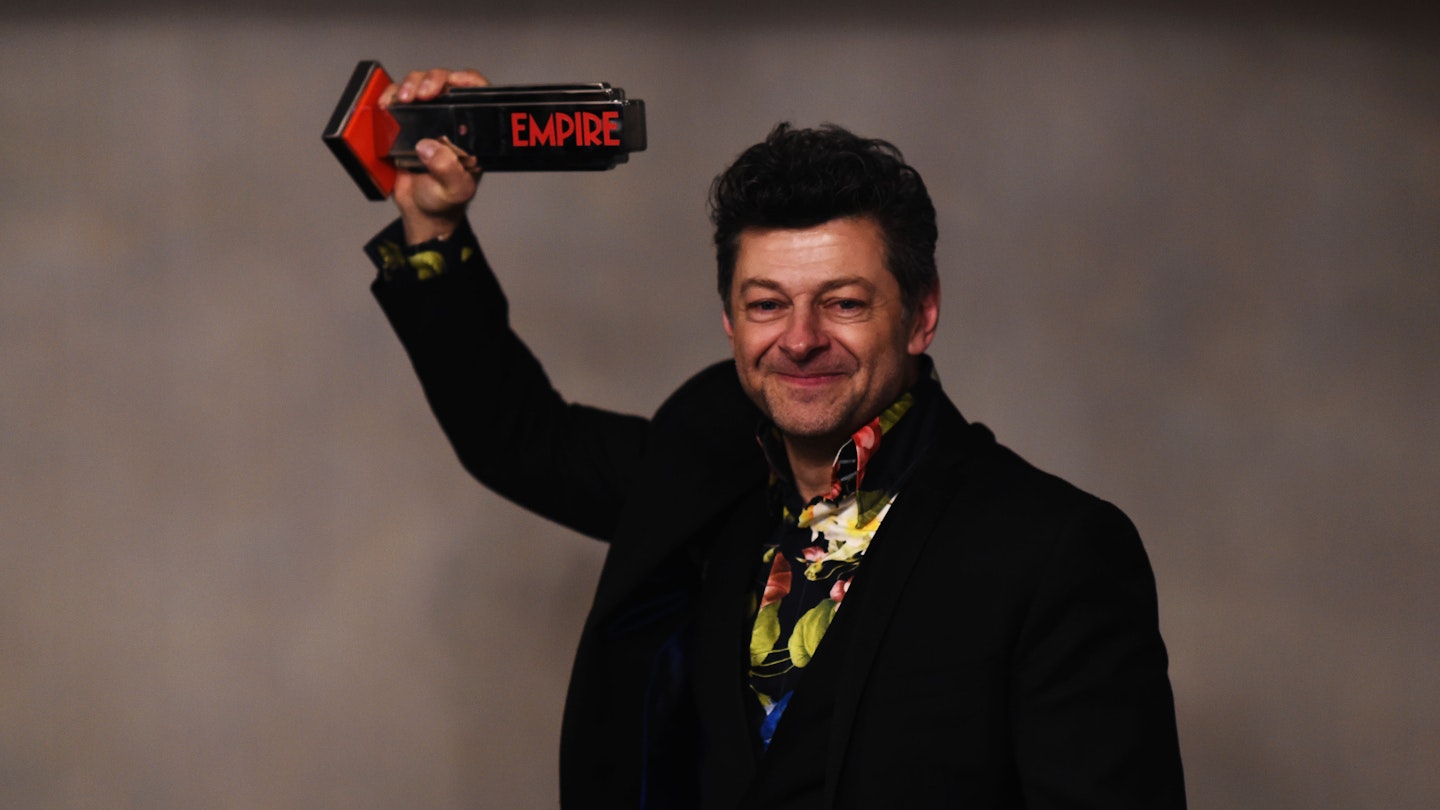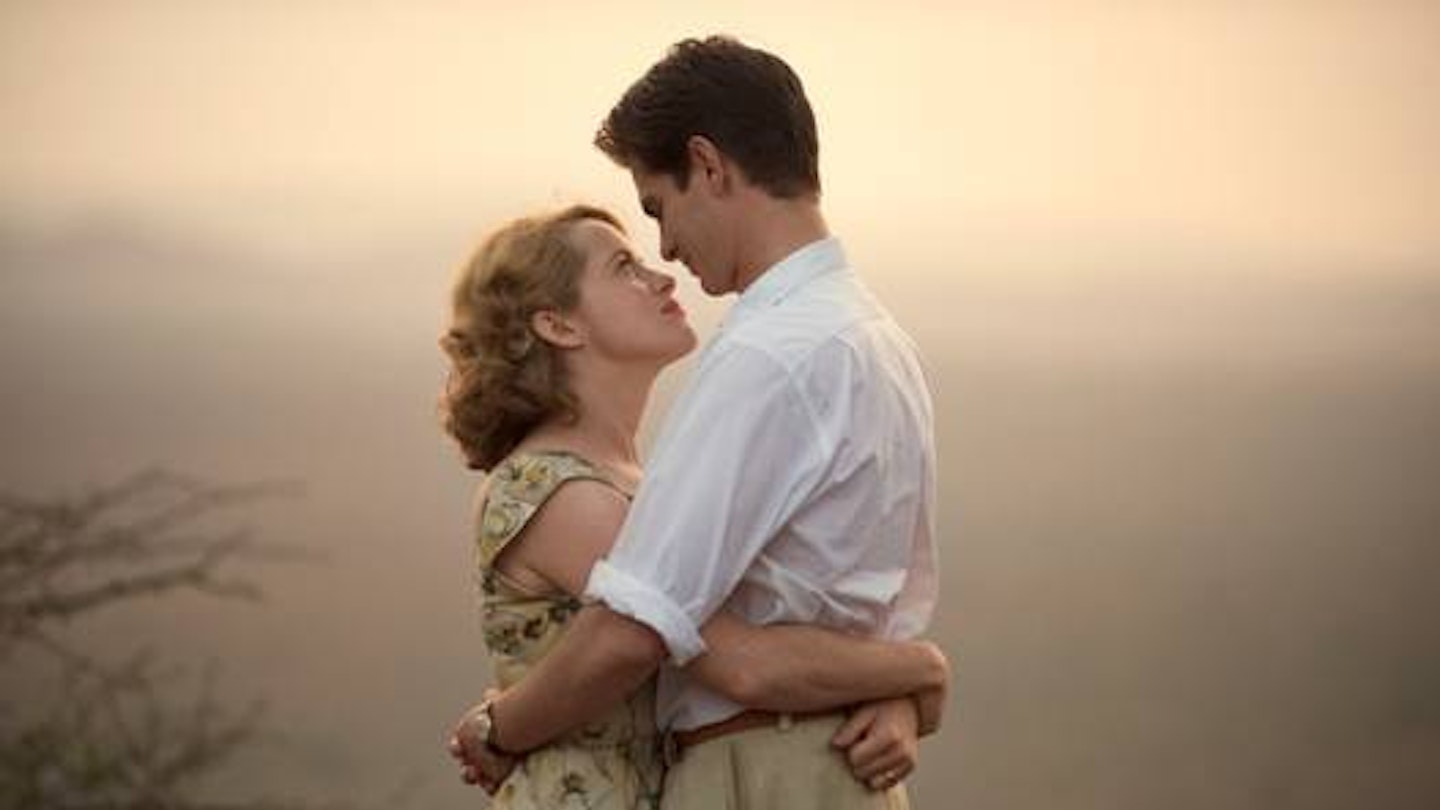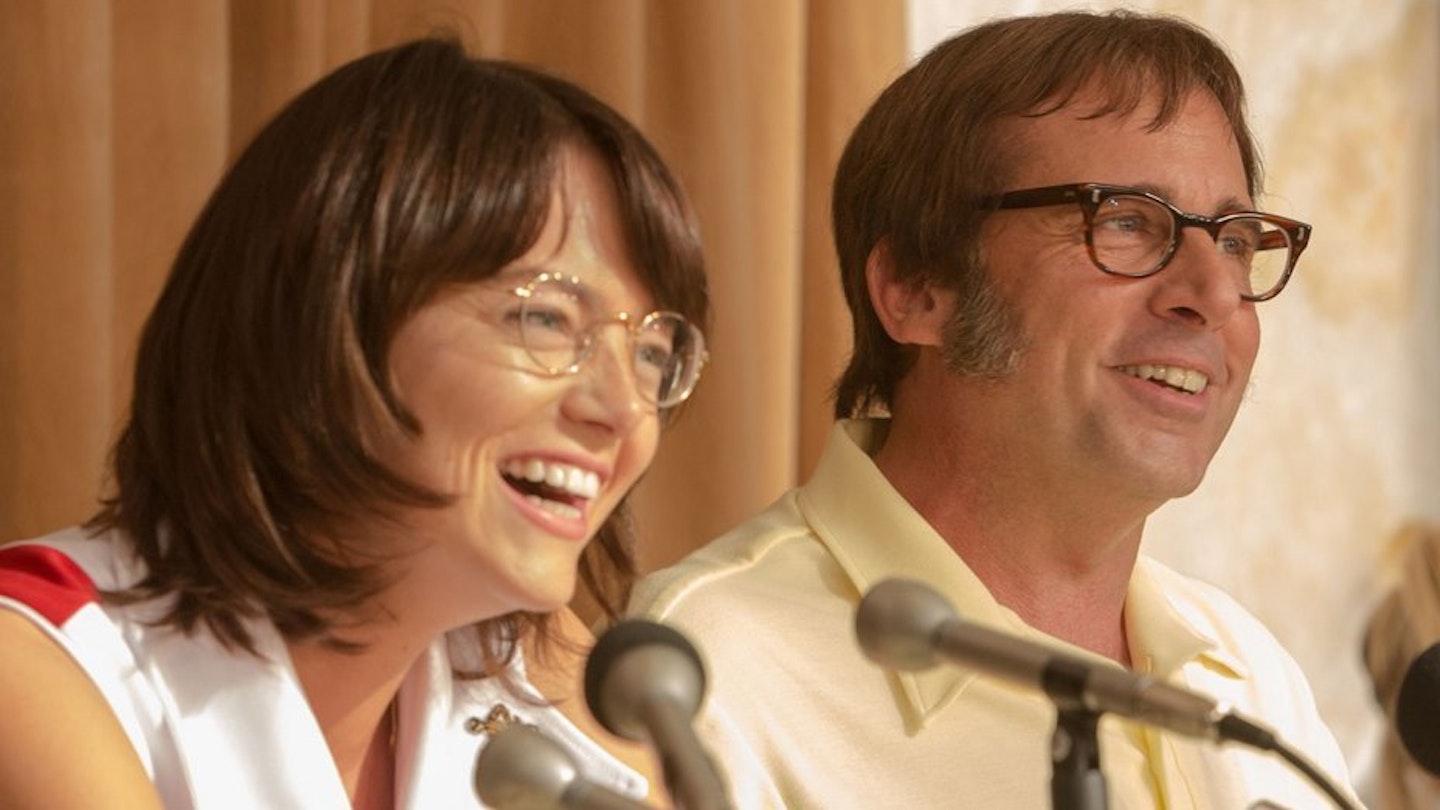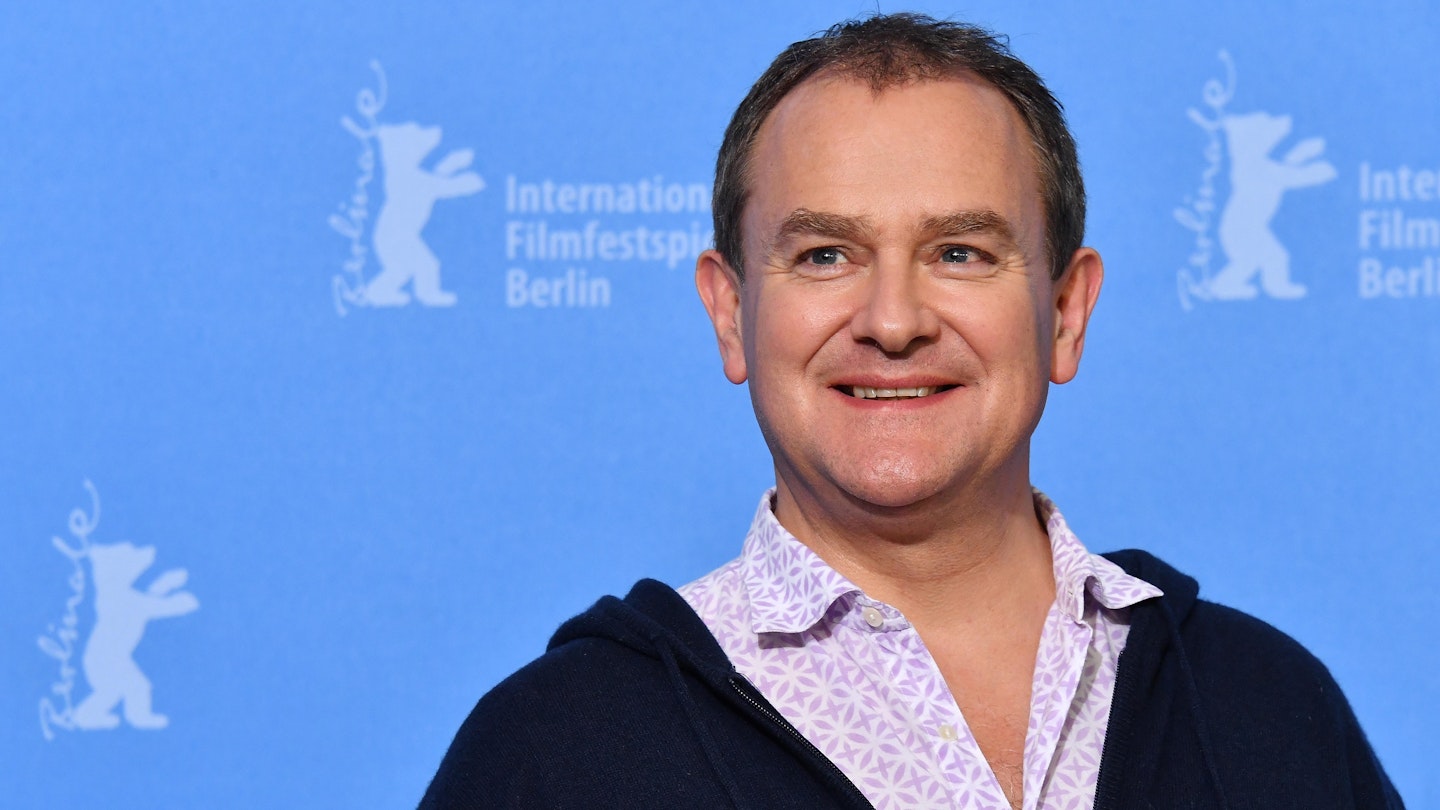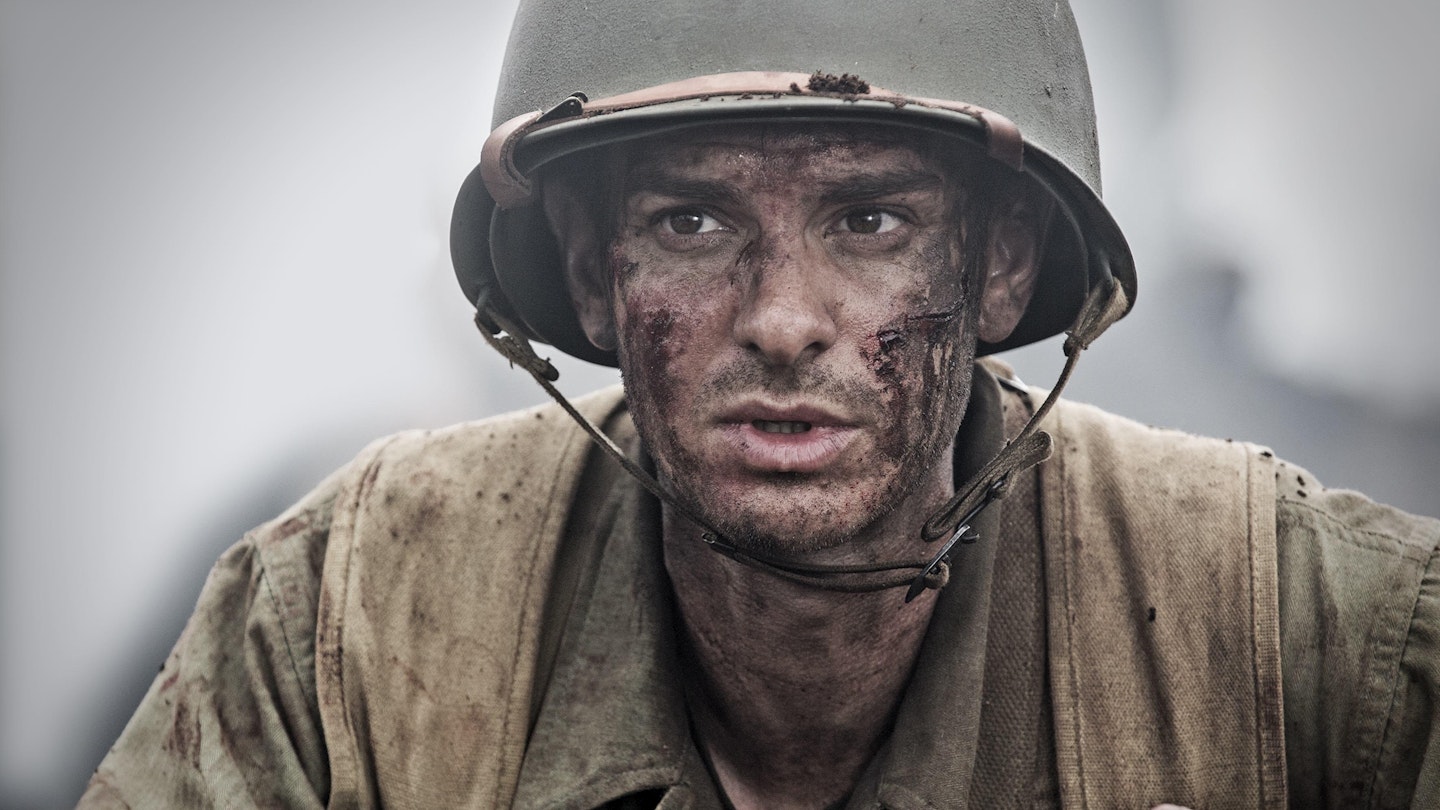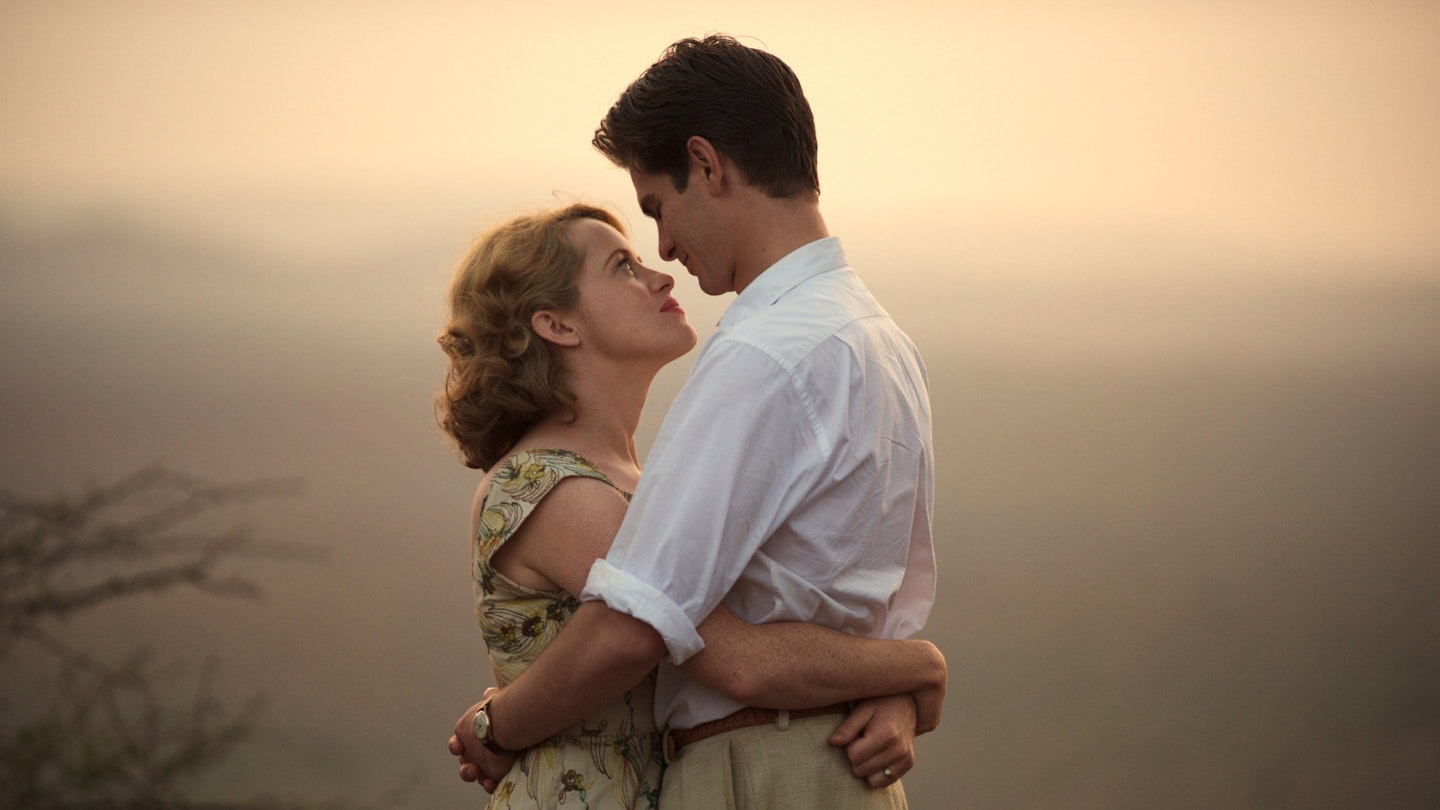Inspirational real-life tales about overcoming adversity have, in recent years, all been lumped in together under the heading ‘Oscar bait’ — often unfairly. There’s a sneaking suspicion that any able-bodied actor playing a disabled role has hidden an acceptance speech somewhere about the wheelchair. But Breathe, while offering no great innovations in its storytelling, is so obviously sincere that it blasts away such cynicism. This is the story of a couple in love whose mutual devotion just happened to change the world, told with obvious affection and respect.
An immensely warm-hearted tribute that stops (just) short of hero worship.
It’s Andy Serkis' first film as director, and though this was produced through his Imaginarium, the only performance-capture razzle-dazzle comes in Tom Hollander’s portrayal of Diana’s twin brothers, Bloggs and David. Instead of leading with technology, Serkis wisely tackles a subject close to his heart (his mother taught disabled children, and his sister has multiple sclerosis) and handles it with delicacy. Like his turn in the Ian Dury biopic sex&drugs&rock&roll, he is sympathetic to, but never patronising of, disability, a stance that should not feel as refreshing as it does. And as with The Theory Of Everything – to which this will inevitably be compared – the focus is on what remains possible rather than what’s been taken away. Much of the praise for that pragmatic, humour-laced optimism must go to producer Jonathan Cavendish, Robin’s son (played as a young man by Dean-Charles Chapman). He has created an immensely warm-hearted tribute to his parents that stops (just) short of hero worship.
The performances of Andrew Garfield as Robin Cavendish and Claire Foy as his extraordinarily determined wife Diana are key. They start off as your typical late-colonial golden couple, playing tennis with the ambassador and his wife in Kenya. But an apparent flu proves to be a severe bout of polio, one that threatens Robin’s life and leaves him almost entirely paralysed, dependent on a respirator to breathe.
Robin is suicidal, but Diana refuses to give up. When he begs to escape the hospital, she takes on the authorities and makes it happen. In return, Robin begins to struggle back against both depression and paralysis. Having been given only three months to live, he thrives as he, his wife and mechanically minded friend Teddy Hall (Hugh Bonneville) contrive hodge-podge solutions that enable him to sit up, move around and even travel once again.
The film is essentially one great tragedy followed by a series of small triumphs, as Robin reclaims much of his lust for life and inspires changes in the medical profession around the world. Many like Robin at that time were kept in conditions horrifying to modern eyes; one visit to a state-of-the-art Germany facility is an almost surreal hellscape where bodies are stacked in iron lungs like so many safety deposit boxes. The spectacle is arresting, reminiscent of Kubrick or Jodorowsky, and hints that Serkis may in the future show a slightly harder edge than this subject matter often allows.
It's a stark contrast to the cozy, Bake Off-like vision of the Cavendishes’ English home, where their ramshackle house welcomes an ever-rotating crop of guests. Good people work almost literal miracles here, and it always seems to be summer. This (literally) sunny optimism keeps this from being another misery fest and, without underplaying the harsh reality of Robin’s condition, reminds us that life goes on, and love wins — a message, though verging on saccharine, that’s worth hearing.
